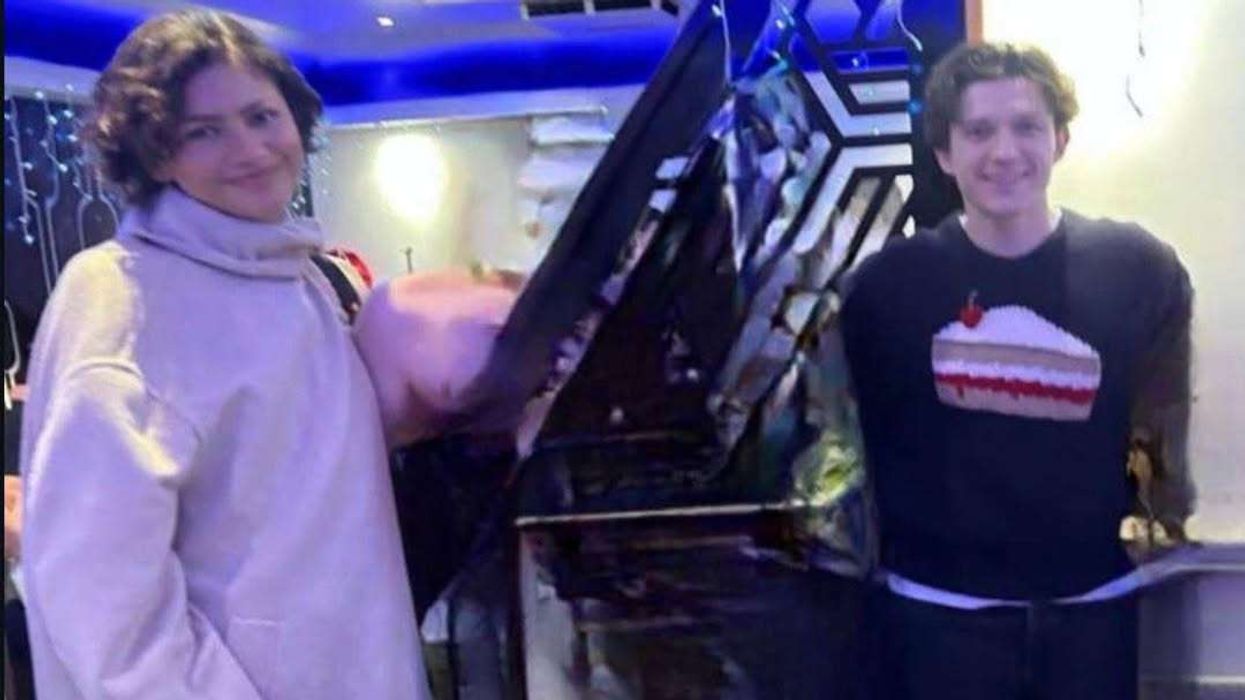IF you were to ask people in the street to name an Asian woman TV presenter – many would probably cite Anita Rani.
Appearing on the BBC’s Saturday evening hit programme, ‘Strictly come dancing’ helps. She featured in the 2015 edition and reached the semi-final and later went on to host a Strictly tour around Britain.
This year she’s been one of the two leads on the popular BBC prime-time War on Plastic with Hugh and Anita. Hugh being the well-known chef and environmental campaigner Hugh Fearnley-Whittingstall.
Hugh and Rani visit a street in Bristol and see just how much plastic can be ditched in favour of more environmentally friendly materials for household use.
Rani also files reports for The One Show, one of the BBC’s most popular evening magazine programmes.
Her regular gig is with Countryfile, and has been since 2015. The BBC magazine programme covers farming and rural affairs.
Earlier this year, she was back in the news, calling for a greater level of diversity both behind and in front of the camera.
She has been vocal about the issue and has raised her head above the parapet on more than one occasion.
In 2018, she had fronted a popular programme about Bollywood for the BBC – it was a sort of introduction for people who knew very little or next to nothing about the genre or style of popular filmmaking in India.
It turned out that she had suggested she do a similar programme on Hollywood but didn’t get a sympathetic hearing from BBC bosses, prompting her to say: “You’d never think to ask a number of posh white men on TV, why did you get to present shows about train travel in India?” - spiky, from the Bradford lass on the telly, some might say.
This star has style and substance and doesn’t shy away from supporting wider causes among the Asian community.
Her most personal work won her a much coveted Royal Television Society Award, as well as an Editor’s Special Award at the Eastern Eye ACTAs in 2018.
In the year before she had presented the BBC programme, My Family, Partition and me: India 1947.
It was an extension of her ‘Who do you think you are?’ episode in 2015. That had to stop abruptly when it got to 1947, because her family were then in a place called Sahiwal in Punjab – and now part of Pakistan.
There wasn’t the time to get the requisite visa to travel there, but there was also a darker undertone. Sahiwal was close to what became the border between the newly created Pakistan and India in 1947.
In the BBC programme on Partition, Rani goes to interview an elderly Muslim gentleman who recounted events at that time in Sahiwal.
Rani showed great composure and no little professionalism when the man tearfully told her, her maternal grandfather’s family was likely to have been murdered by a mob there. Her grandfather was serving in the British Army and was in Pune at the time and never really knew what had gone on their ancestral home village.
Her reaction to the man in the programme is recorded for posterity – she embraced the man feeling both his pain and assuaging her own.
It was a powerful moment and Rani has always been strong on reconciliation and remembering - but as a way of healing and bringing people together. She said her grandfather never displayed any bitterness about what had happened.
Rani has helping campaigners who wants schools to teach pupils about Partition and the Empire in general. She says that when her family first moved to Britain they were very friendly and close to 10 Muslim families – the gel of Punjabi culture was strong and the pained memories of Partition were left behind.
She is married to tech executive Bhupi Rehal whom she met at a rave some years ago. They both share a passion for music and each possessed their own DJ turntable – a common point of interest, clearly.






